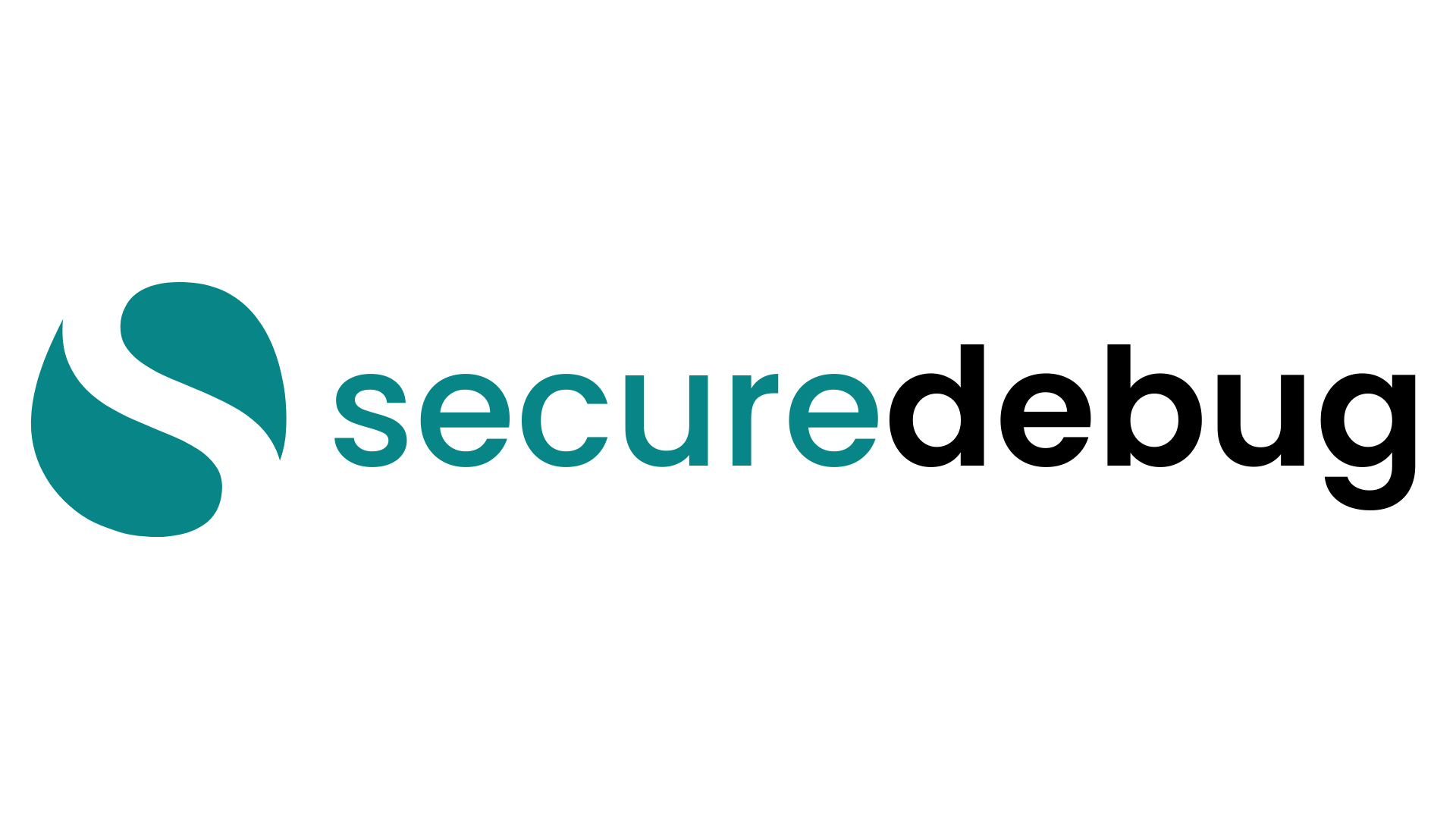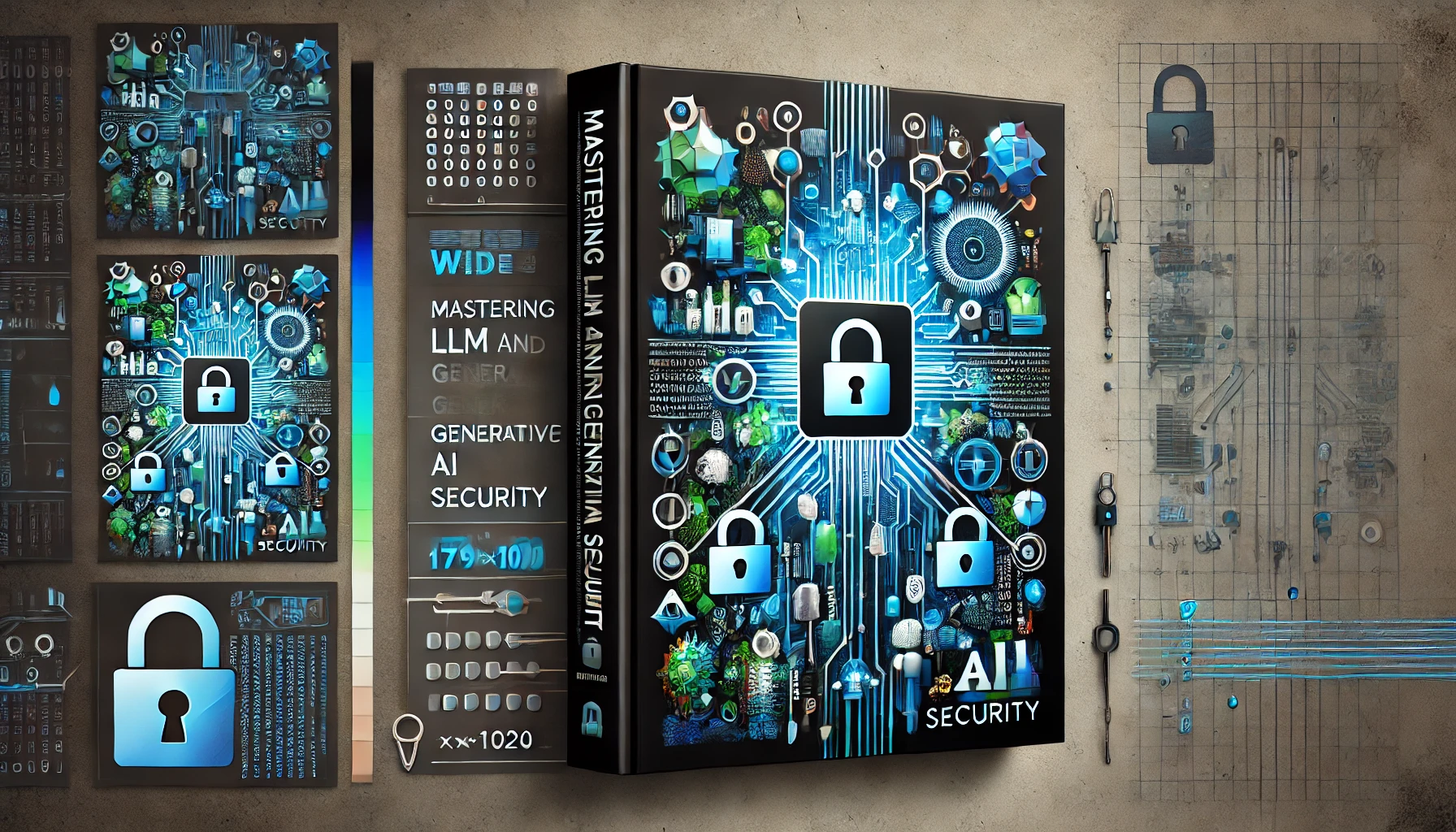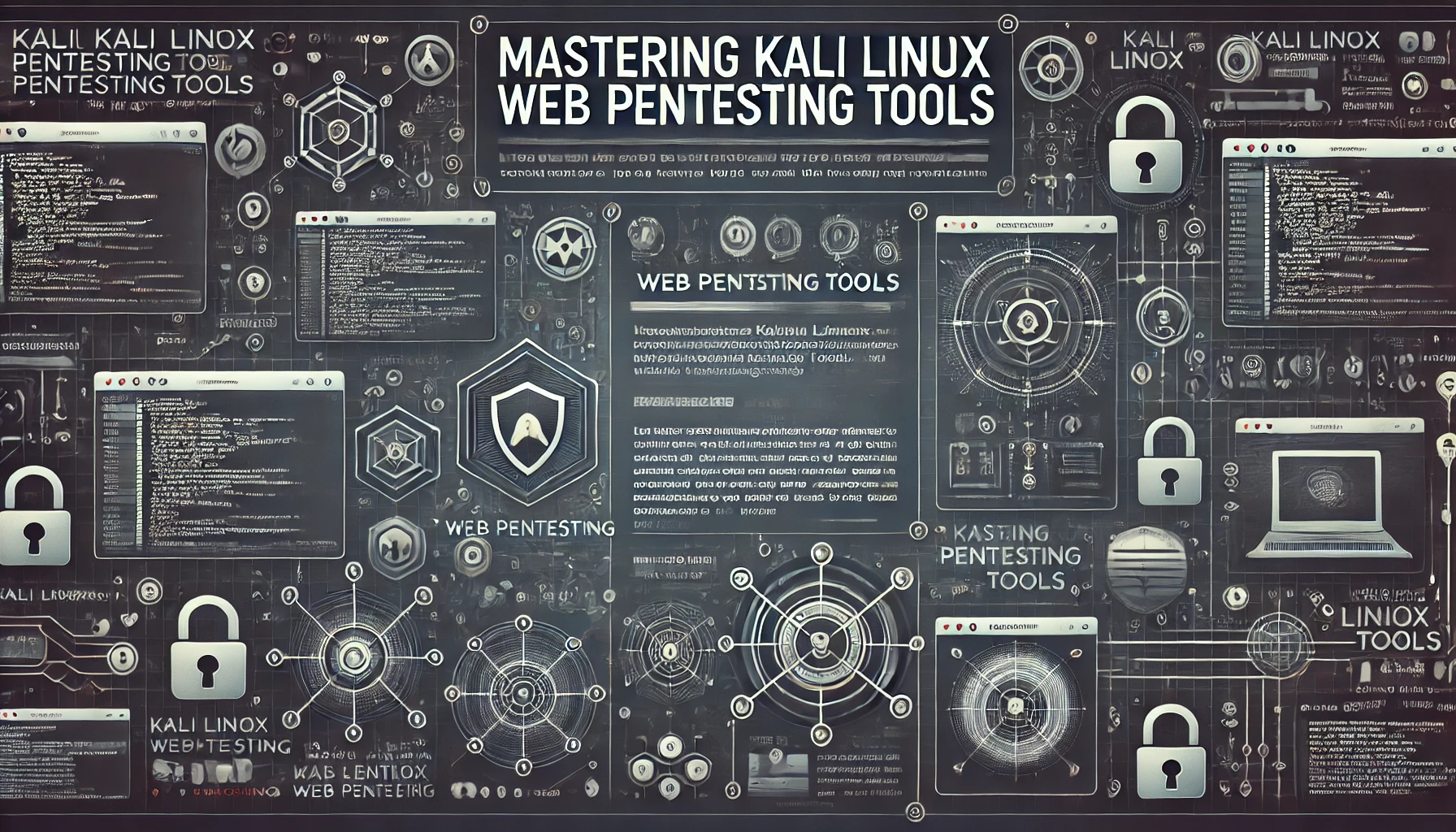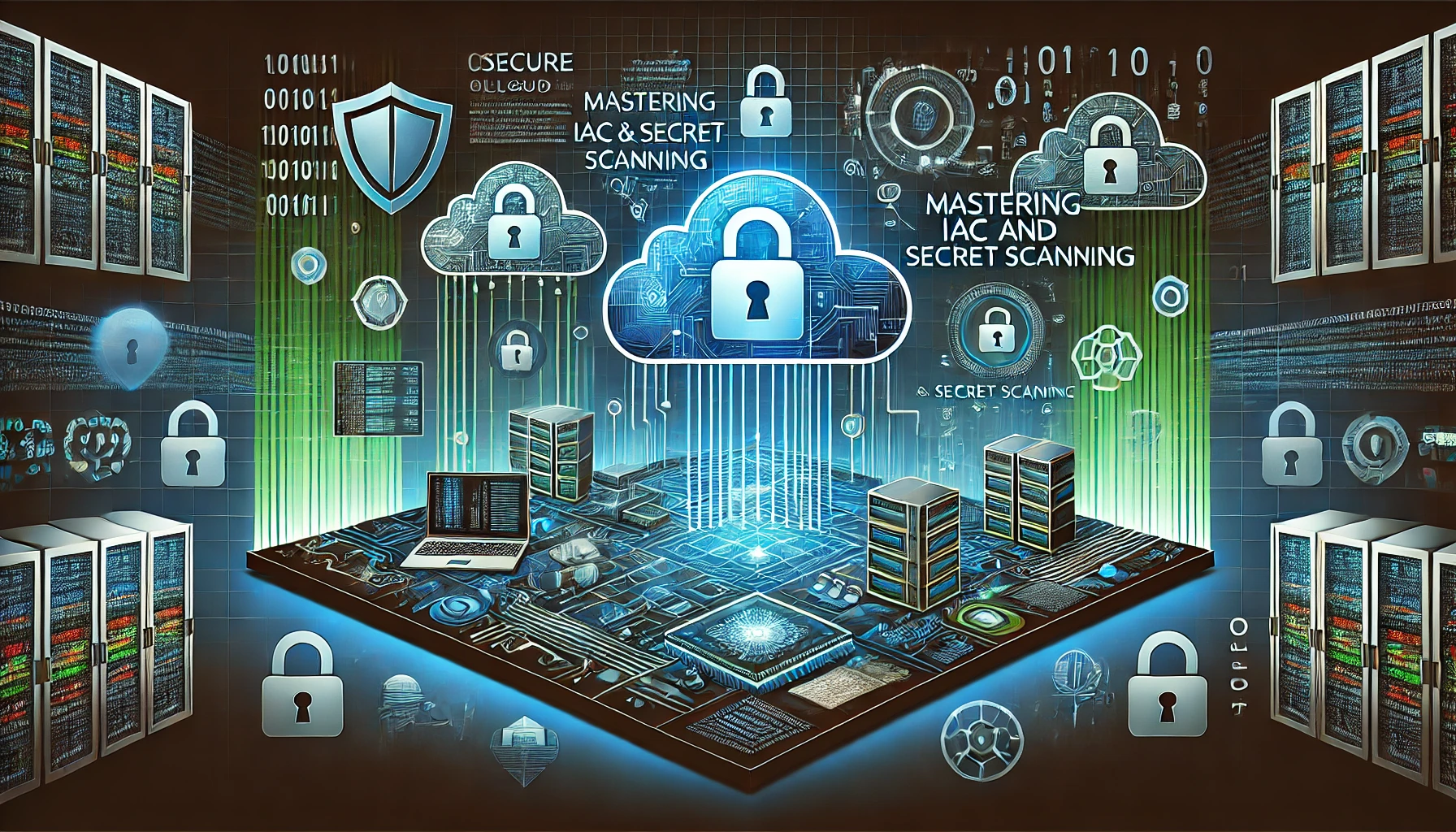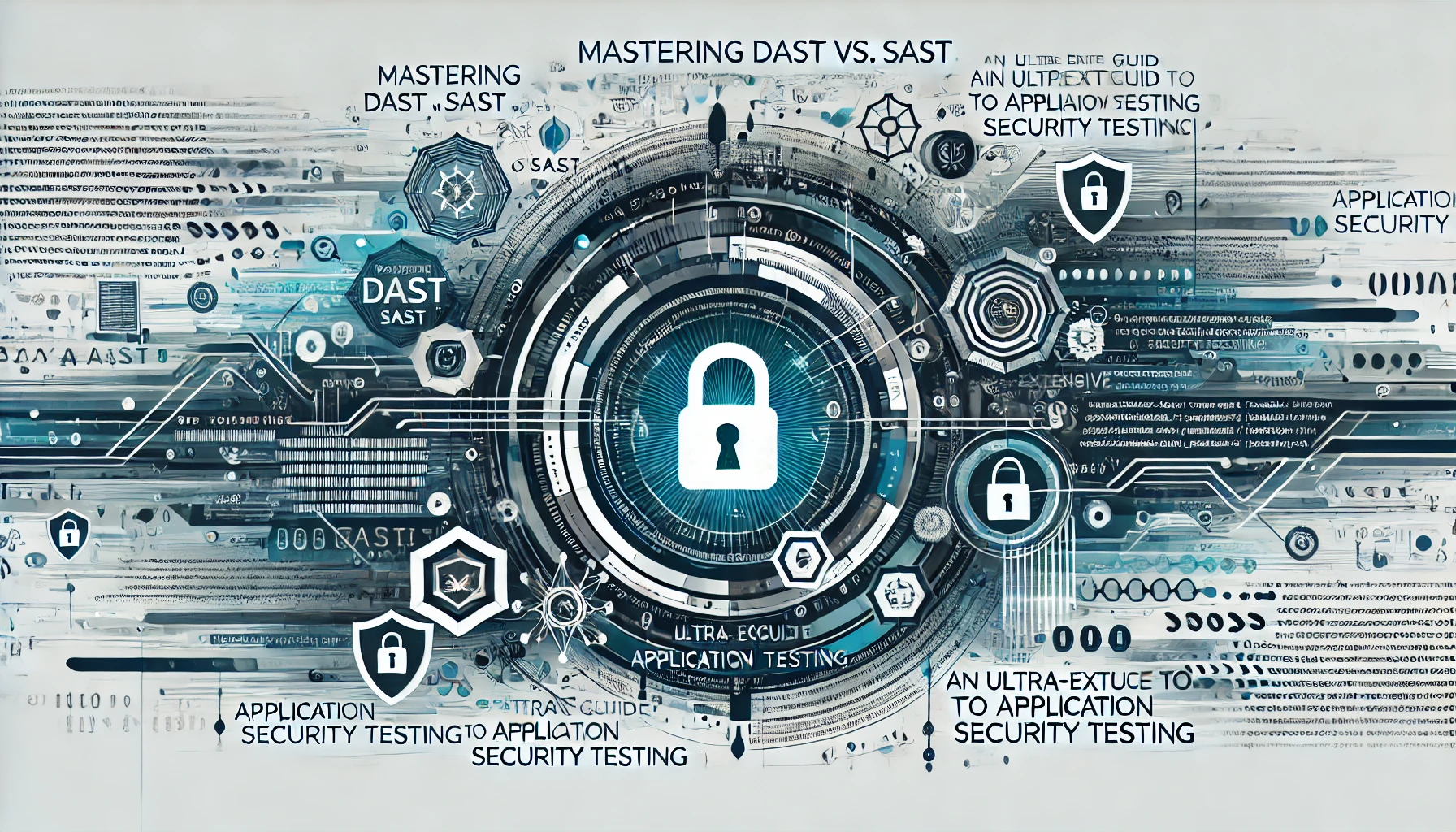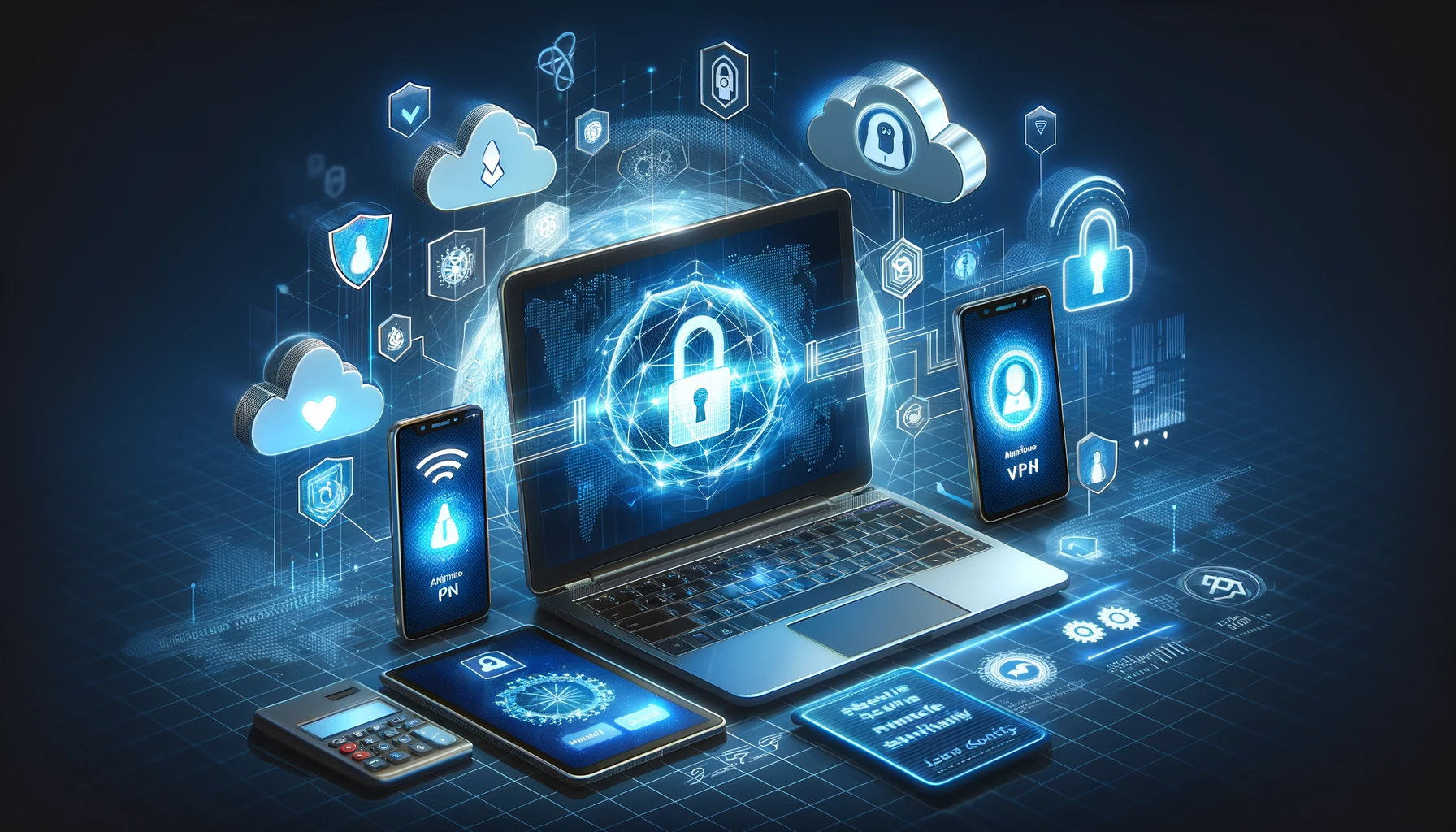
Introduction
Welcome to the Secure Debug blog, where we discuss the latest cybersecurity trends and provide valuable insights to keep your digital assets safe. In this blog post, we will explore the importance of secure remote work solutions and how they can protect your organization from cyber threats in the age of remote work.
The Rise of Remote Work
In recent years, the concept of remote work has gained immense popularity. With advancements in technology, employees can now work from anywhere, providing flexibility and increased productivity. However, this shift has also brought new challenges, particularly in terms of cybersecurity.
The Need for Secure Remote Work Solutions
When employees connect to company networks remotely, they introduce potential vulnerabilities that cybercriminals can exploit. Without proper security measures in place, sensitive data, customer information, and intellectual property become easy targets.
Secure remote work solutions are designed to address these challenges and ensure the confidentiality, integrity, and availability of your organization’s resources. Let’s dive into some essential measures that can help protect your remote workforce.
1. Virtual Private Networks (VPNs)
A VPN creates a secure encrypted tunnel between an employee’s device and the company’s network. By routing all internet traffic through this tunnel, VPNs ensure that data remains encrypted and protected from prying eyes.
Implementing a VPN solution is crucial to secure remote connections, especially when employees access sensitive information or connect to public Wi-Fi networks.
2. Multi-Factor Authentication (MFA)
MFA adds an extra layer of security by requiring users to provide multiple credentials to authenticate their identity. This can include a password, a fingerprint scan, or a one-time verification code sent to their mobile device.
Enforcing MFA for remote access significantly reduces the risk of unauthorized access, even if passwords are compromised.
3. Endpoint Protection
Endpoints such as laptops, smartphones, and tablets are often the weakest links in remote work scenarios. Implementing robust endpoint protection solutions, including antivirus software, firewalls, and regular security updates, helps secure these devices and prevent unauthorized access.
4. Secure Cloud Services
Cloud services play a vital role in remote work, enabling collaboration and access to critical resources. However, it is essential to choose secure and reliable cloud providers that offer strong encryption, data backup, and strict access controls.
Conclusion
Secure remote work solutions are indispensable in today’s digital landscape. By implementing measures such as VPNs, MFA, endpoint protection, and secure cloud services, organizations can ensure the safety of their remote workforce and protect sensitive data from cyber threats.
At Secure Debug, we specialize in providing comprehensive cybersecurity solutions tailored to your organization’s needs. Contact us today to safeguard your remote workforce and maintain a secure digital environment.
Stay Connected with Secure Debug
Need expert advice or support from Secure Debug’s cybersecurity consulting and services? We’re here to help. For inquiries, assistance, or to learn more about our offerings, please visit our Contact Us page. Your security is our priority.
Join our professional network on LinkedIn to stay updated with the latest news, insights, and updates from Secure Debug. Follow us here.

